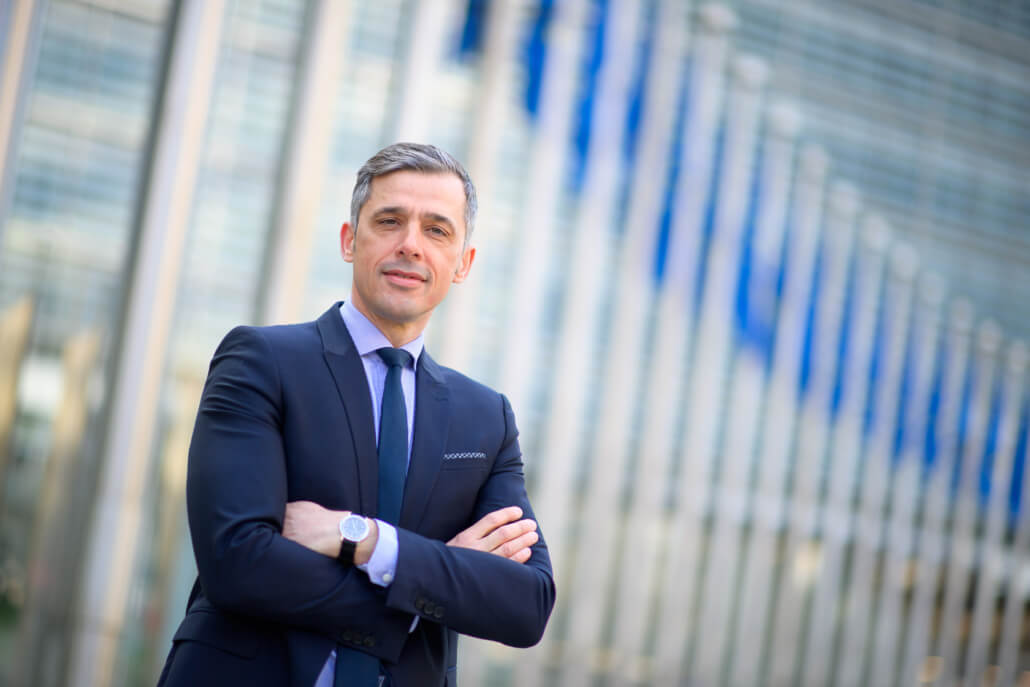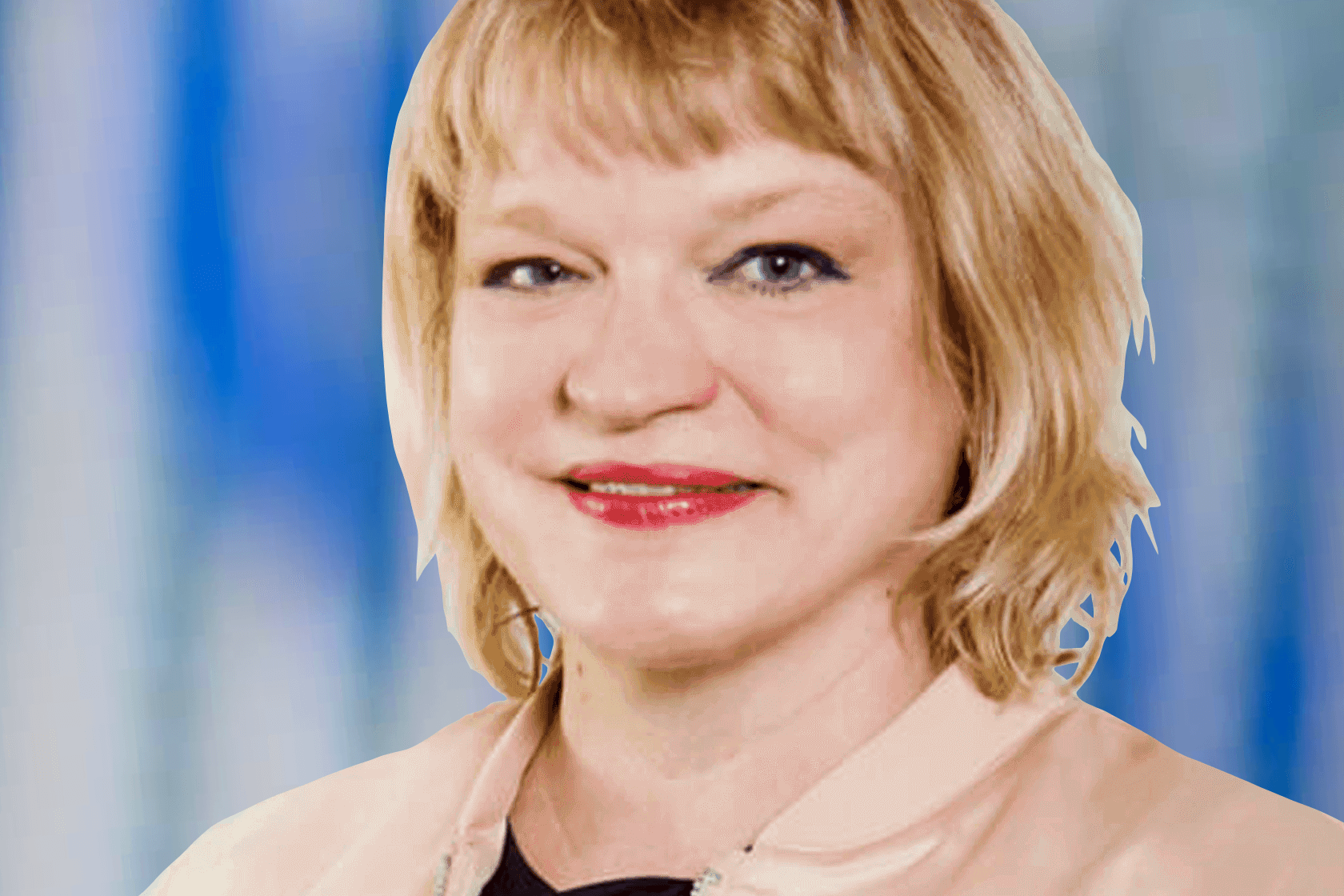Freedom and equality of opportunities
To guarantee freedom, we need to empower people through positive measures creating spaces of security
in which individuals can develop. Equal treatment and the implementation of truly non-discriminatory policies in all aspects of social life are the founding basis of such spaces.
Solidarity and inclusion
People and their needs must be at the centre of our action. Only a climate of mutual respect for diversity and personal development potentials can create the space for solidarity and inclusion. We need to work on inclusiveness through more participatory processes, a strong stance against intolerance and a trustful working environment.
Merit
We believe in a social and company environment in which each individual’s competences are the basis for his/her professional success. The people we represent are characterised by their knowledge and skills, which are put at the service of the company they work for and the society they operate in. We need to increase social mobility and defy structures favouring success with no merit.
Progress
The idea of linear and purely quantitative economic progress has proved contrary to the needs and capacities of humans. We need to redefine progress through aligning the idea to values and domain specific visions for it to be measurable. For progress to be sustainable, the process has to be subject to democratic deliberation.
Responsibility and ethics
Managers have a key role in society and need to account to their responsibility through a positive social impact. Behavioural ethics is one of the fundamental values of managers, who must perceive the need to lead by example as a concrete form of civic-mindedness.
Sustainability
We need to mainstream sustainable thinking and behaviour into all domains of life and professional activity. It is our duty to hand over to future generations a healthy environment, an inclusive society and an economy beneficial to all members of society.
Transparency
Decision-making processes need to be visible and transparent, both in the public arena and at business level, to guarantee the democratic control of institutions and the society. Measures to increase transparency have to respect privacy and be subject to democratic control.






